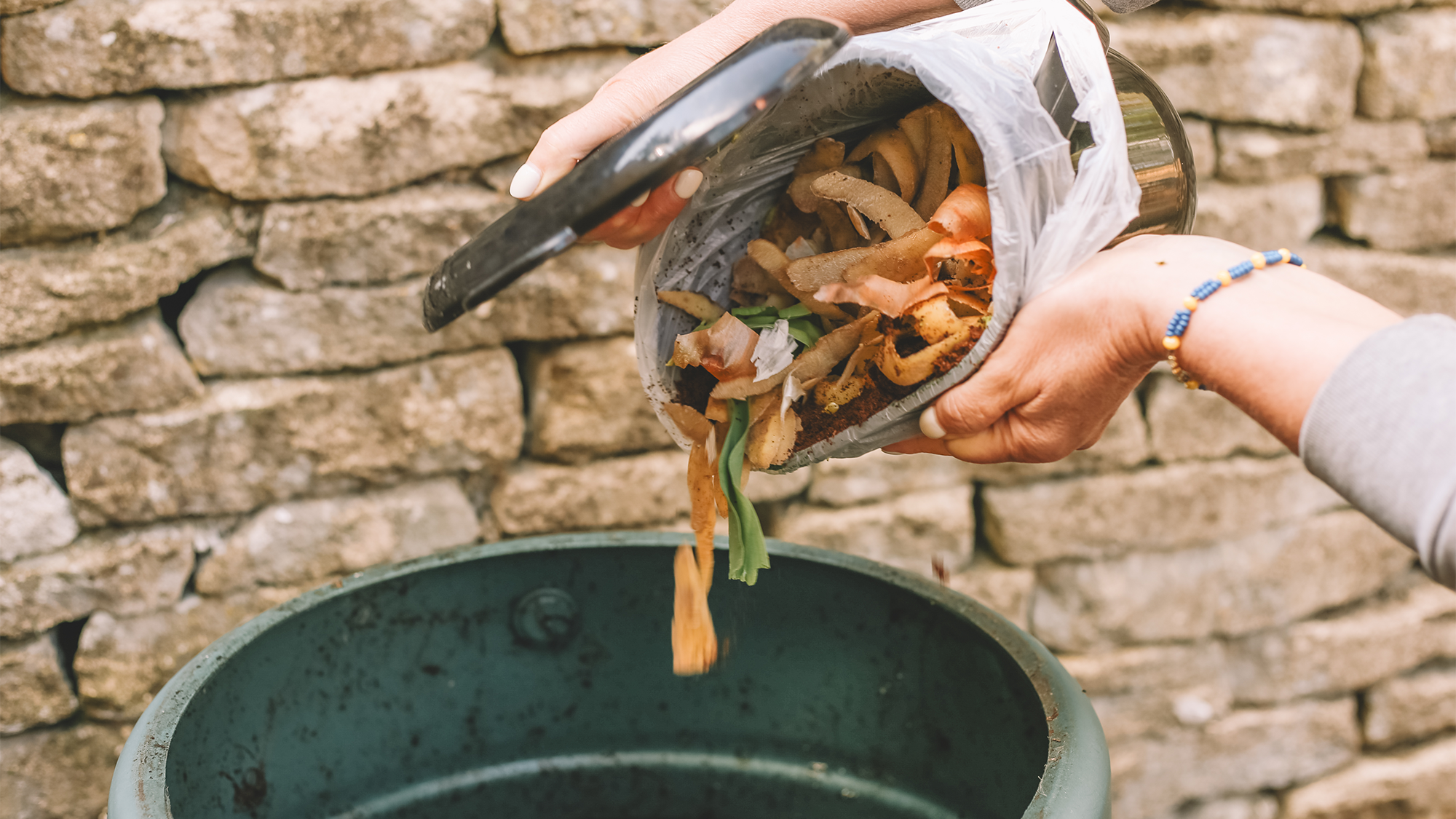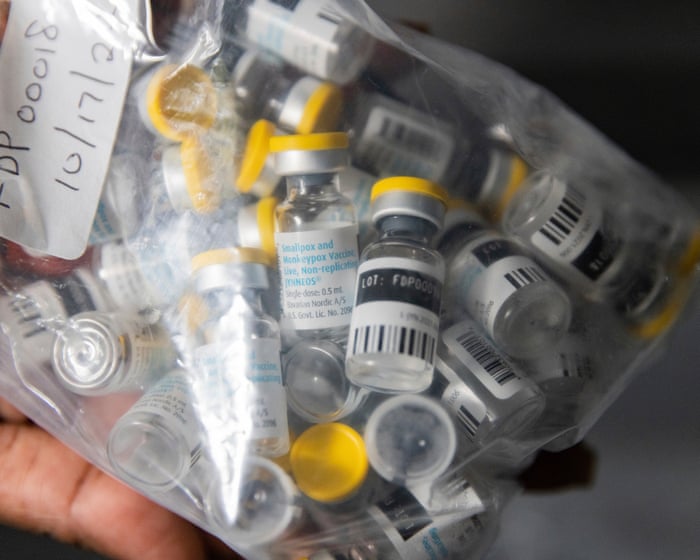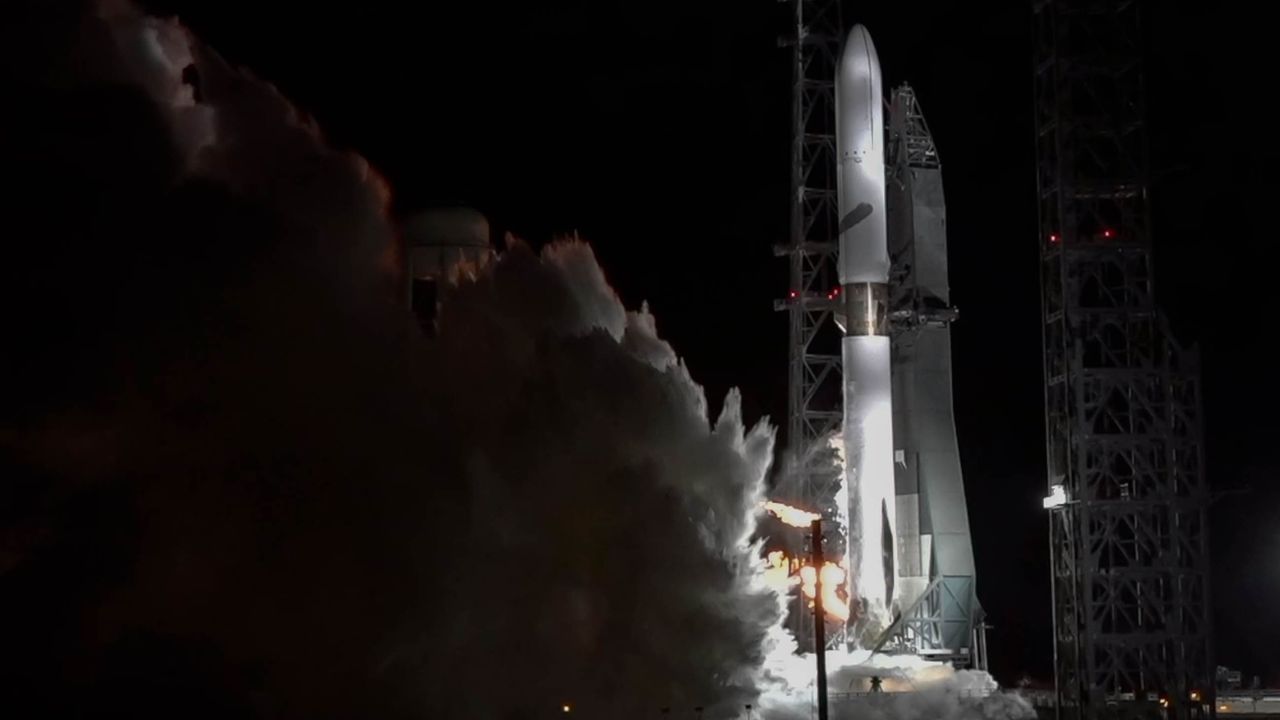A River Restoration in Oregon Gets Fast Results: The Salmon Swam Right Back
PositiveScience

The recent restoration efforts in the Klamath River have yielded impressive results, with salmon returning to their historical habitat just a year after the removal of a dam. This is significant not only for the local ecosystem but also for the communities that rely on these fish for their livelihood and cultural heritage. The return of juvenile coho, Chinook salmon, and steelhead trout marks a hopeful turn in conservation efforts, showcasing the positive impact of environmental restoration.
— Curated by the World Pulse Now AI Editorial System





